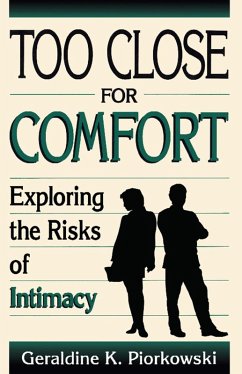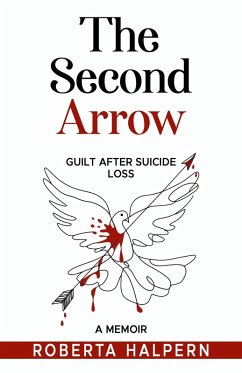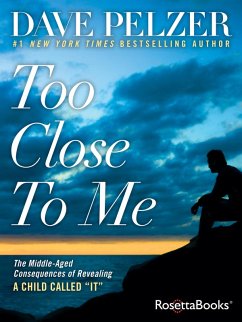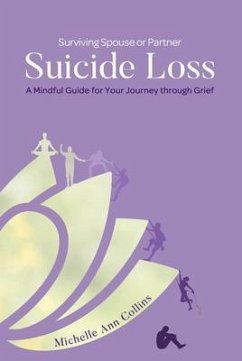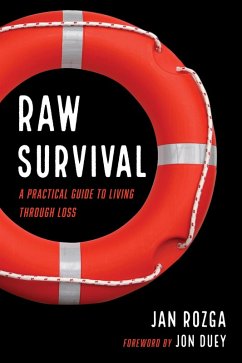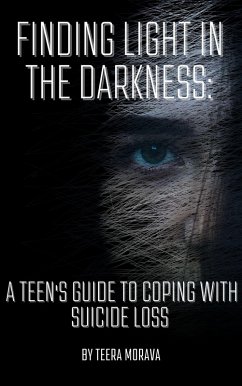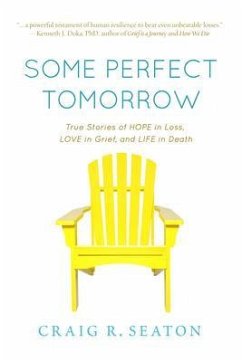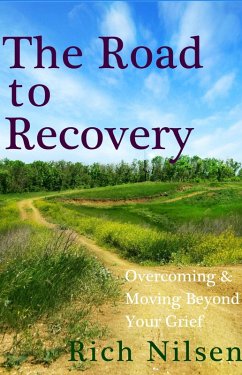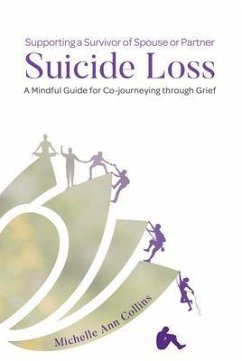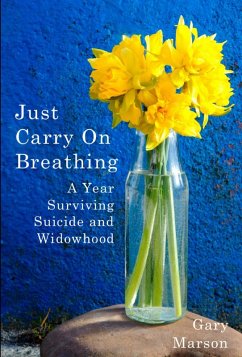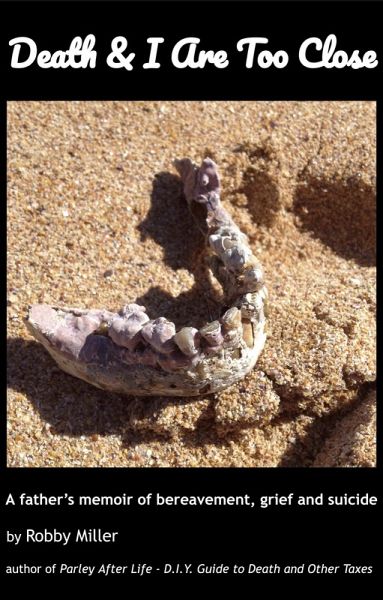
Death & I Are Too Close (eBook, ePUB)

PAYBACK Punkte
0 °P sammeln!
A father's memoir of bereavement, grief and suicide. This memoir is a profound journey through the darkest corridors of loss, grief, and the intricate web of emotions that follow the death of loved ones. Robby Miller, in his memoir titled 'Death & I Are Too Close,' delves into the devastating experiences of losing his two sons, Tim and James. The narrative is a raw and unfiltered exploration of the aftermath of such profound loss, and Miller's words resonate with the haunting reality of bereavement. The analogy of losing a child being akin to having a limb ripped off and then being beaten sens...
A father's memoir of bereavement, grief and suicide. This memoir is a profound journey through the darkest corridors of loss, grief, and the intricate web of emotions that follow the death of loved ones. Robby Miller, in his memoir titled 'Death & I Are Too Close,' delves into the devastating experiences of losing his two sons, Tim and James. The narrative is a raw and unfiltered exploration of the aftermath of such profound loss, and Miller's words resonate with the haunting reality of bereavement. The analogy of losing a child being akin to having a limb ripped off and then being beaten senseless by the wet end is a visceral image that captures the brutality of grief. Miller paints a vivid picture of the void left behind, a black hole permanently attached to the core, defying the natural healing processes of scar tissue. The concept of phantom limb syndrome as a metaphor for the endless triggers that draw attention to the loss is poignant and relatable. It creates an understanding of the constant gravitational pull towards the abyss of memories. The narrative seamlessly transitions into the Valley of Death, a place where despair is soul-grinding, and the journey out is not a steep climb up but an endless plodding down the chasm through a personal, lonely hell. The desert of regrets that follows, veneered over by coping strategies, masks the silent depression and reflects the ongoing struggle with the aftermath of loss. The analogy of an exoskeleton encapsulates the protective barrier one builds, shielding others around us from the depth of despair. The loneliness grief creates even within close relationships is a poignant observation, where unspoken truces form borders across what was once common ground. Miller's call to break apart this enclosed feeling resonates with the importance of sharing one's deepest struggles, fostering genuine connections that transcend societal expectations. Living in a shell may providing temporary respite, but is a path leading to withering inside. The narrative urges a delicate balance between the necessity of the shell and the imperative of being true to oneself. Miller advocates for authenticity, emphasising the importance of being your real self, even if it deviates from societal expectations. The caution against asking a simple "Are you okay?" is a crucial insight into the complexities of grief. The suggested approach of recognizing facial expressions of deep distraction and offering support in private moments reflects a nuanced understanding of the emotional terrain. Miller's narrative extends to the workplace, highlighting the challenges faced by grieving individuals in professional settings. The plea for understanding from managers and colleagues, coupled with the acknowledgment that grief may persist for years, adds a layer of societal awareness to the memoir. The author introduces strategies for coping with the physiological aspects of grief, such as controlled breathing and eye fluttering to simulate REM sleep, where Post-Traumatic Lost-love Stress Disorder (PTLSD) has a unique component: We do not want to forget our loved ones, even though every memory is bittersweet-piercing us to our core. These insights into managing the chemical concussion of shock add practical dimensions to the emotional journey described in the memoir. In advocating for professional bereavement counselling, Miller draws attention to the long-term effects of emotional shock on mental and physical health. The memoir becomes not only a personal narrative but also a call to action, urging individuals to seek help for themselves and those who will support them in the future. 'Death & I Are Too Close' is a poignant exploration of grief, loss, and the arduous path towards healing. Robby Miller's memoir, rich in metaphor and unfiltered emotion, offers a beacon of understanding for those navigating the unfathomable.
Dieser Download kann aus rechtlichen Gründen nur mit Rechnungsadresse in A, B, CY, CZ, D, DK, EW, E, FIN, F, GR, H, IRL, I, LT, L, LR, M, NL, PL, P, R, S, SLO, SK ausgeliefert werden.




